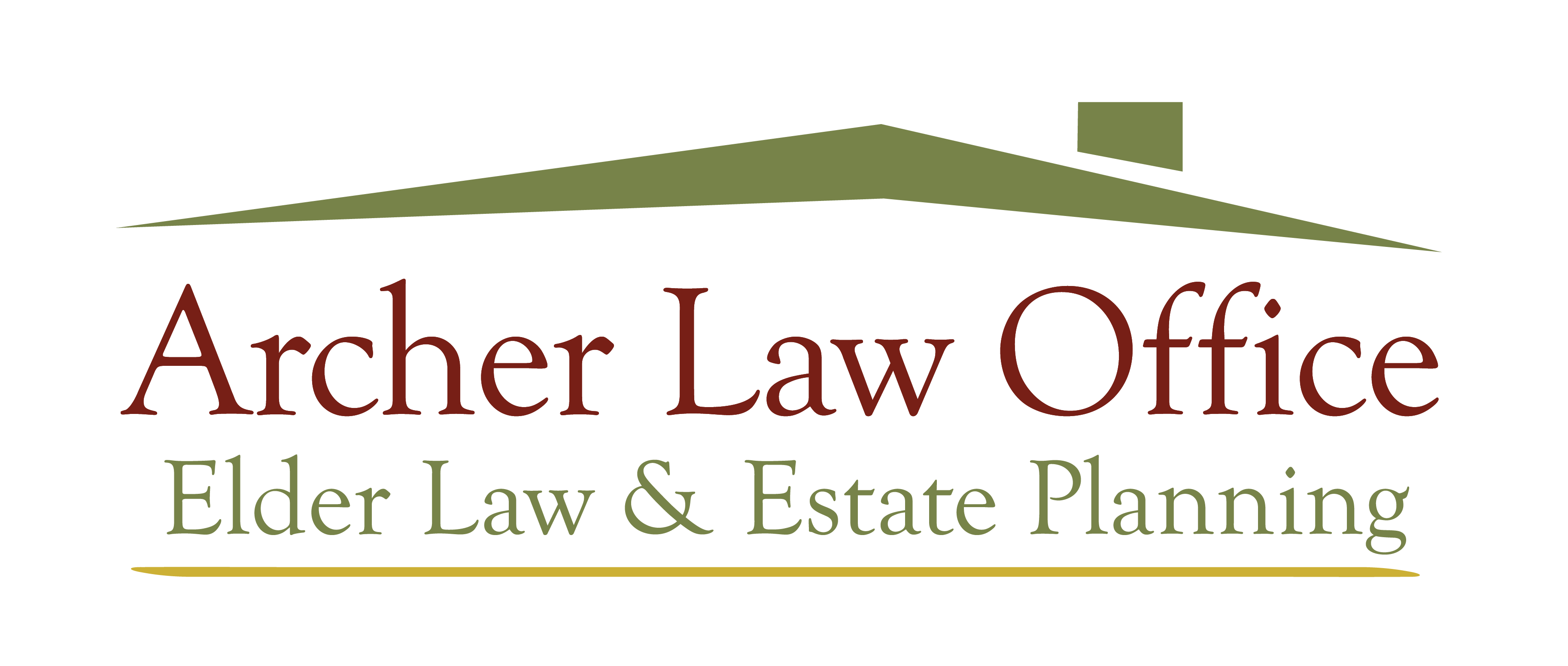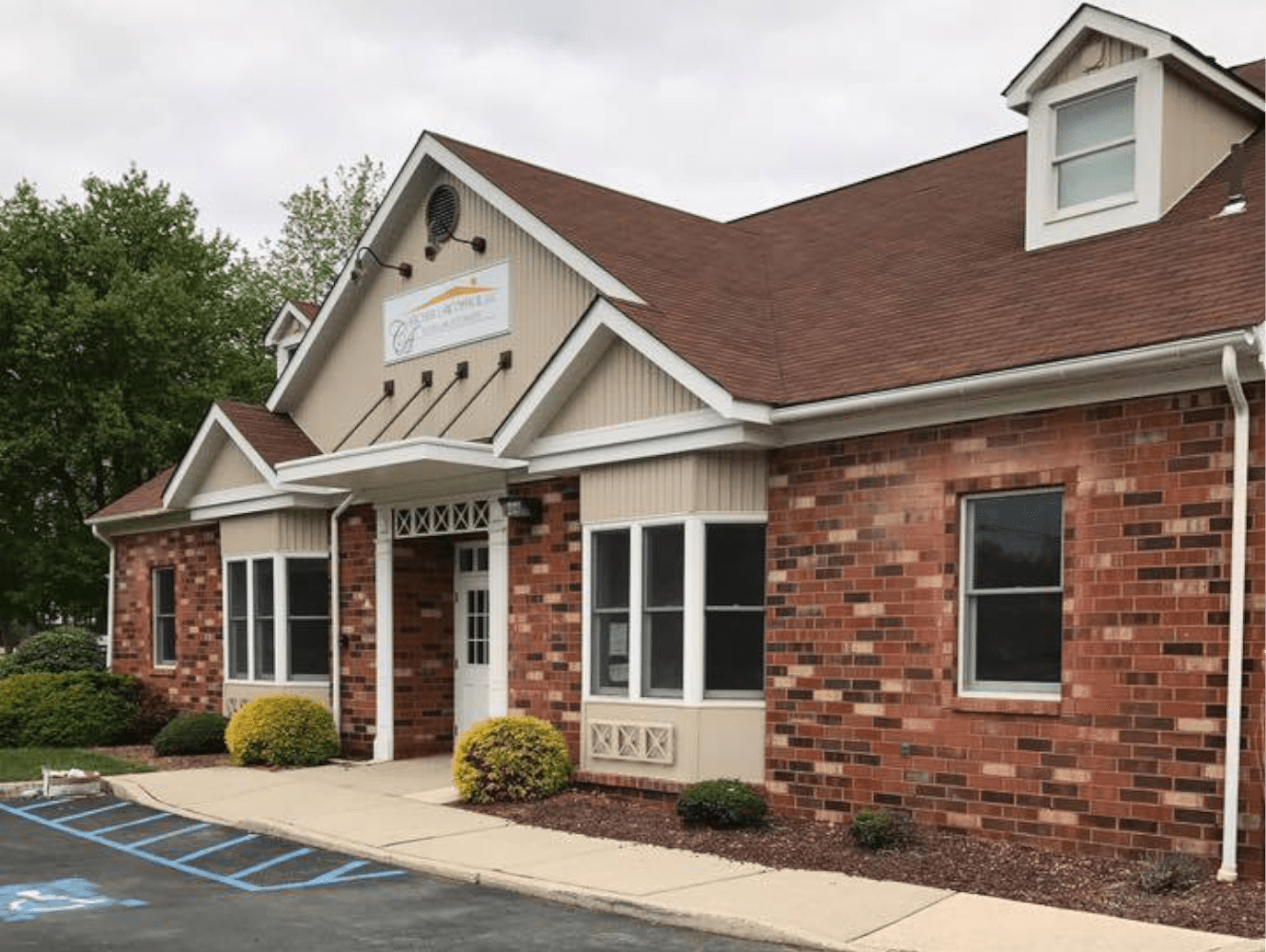New Jersey is a notoriously tough state in which to do Medicaid planning, and it is difficult to “shield” many assets from payment for medical expenses unless someone plans at least five years in advance. However, it is still possible, especially with a married couple with one spouse still at home, to do a tremendous amount of asset planning even immediately before filing for Medicaid. The key is to start early and involve experienced professionals every step of the way. Asset planning in New Jersey is not for the faint of heart, and attempts by lay people to preserve assets can often end up costing families the money they were trying to save, as well as endangering their loved ones’ care. Archer Law Office stands for the idea that asset planning is worth discussing only when it does not jeopardize the quality of someone’s medical care.
Medicaid asset planning and preservation takes advantage of every nuance of the existing state and federal regulations. For example, it is possible to transfer a Medicaid applicant’s house to a caregiver son or daughter without penalty under certain circumstances, but the State is very strict about its interpretation of those requirements, and in some instances enforces rules that exceed the plain text of the regulations. A family who tries in good faith to take advantage of this transfer opportunity without legal counsel may find itself wrongly subject to a asset transfer penalty even if everything else was done properly. As an additional example, families who do extensive research may also be aware of a type of annuity that can preserve assets, but without meeting very specific requirements, the annuity is treated as a gift and will result in a lengthy asset transfer penalty. In either case, there is the potential to disturb a loved one’s medical care, and also to end up being sued by a nursing home, assisted living facility, or hospital.
It is important for families to avoid common Medicaid planning traps, such as improperly paying family members for caregiving, making large gifts, or refusing to provide (or providing incomplete) paperwork including bank statements. The staff at Archer Law Office counsel families throughout New Jersey to accomplish their planning goals, which may include paying privately for care, in balance with tax savings and other potential legal benefits. Both the family and the law firm must understand that the care and well-being of the family’s loved one is paramount, and everyone must view any complex planning or financial benefits in that perspective.

